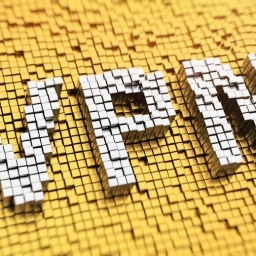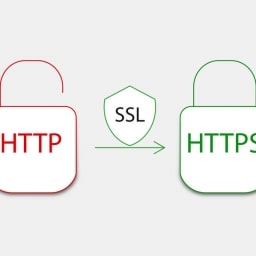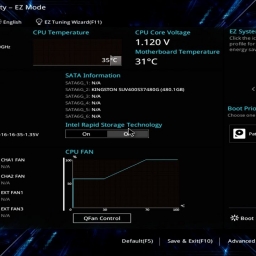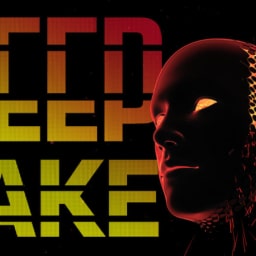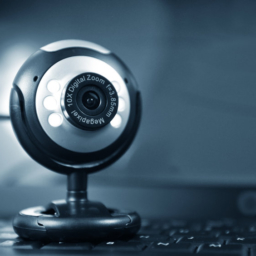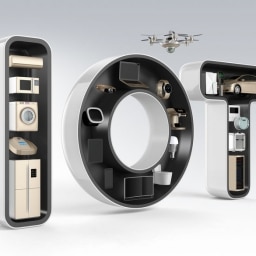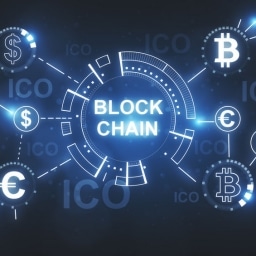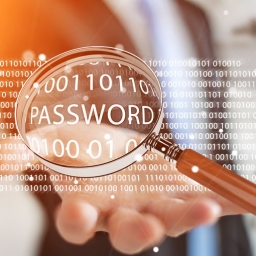A few bad apples is all it takes

Like many others, I have spent a large portion of my childhood playing video games. Starting out with hand-me-down systems given to me by friends and family, but I never was connected to any online community and regularly played single player. Eventually, I got my hands on an Xbox 360 and got my first experience with an online community. Being a part of a gaming community is fun but like any community, there is going to be some people who spoil the bunch. Steam is one of the largest communities, but many others exist such as Reddit, Discord, even privately run forums. Many communities even have smaller groups within them.
Unfortunately, the ones who spoil the bunch are often the loudest. They can be rude, aggressive, but often avoidable with a simple mute or block. Some may create a second or use an alt account (alternative account) to further harass someone but it can be easily mitigated with the same mute and block as before. The real issue occurs when these people take it a step further to start looking into your personal and work life.
When Gaming Turns Personal

Collecting personal data on someone and posting it publicly online is often called “Doxxing”. This can include name, age, birthday, all the way up to social media accounts, home address, and even a victim’s SSN. While doxing is often harmless and is more to scare someone, there are times where it is not so innocent. “Swatting” is another term used when someone files a fake police report on a victim causing the police to raid their house. This has happened to many live streamers in the past but could easily be deadly. The victims personal and work life could be harassed or possibly accounts being breached and used to post hateful or disturbing content. All just because you beat someone at a game.
Gamers should also be aware of social engineering attacks and scams. There are people who send messages pretending to represent legitimate organizations and they will ask you to log-in on fraudulent websites in exchange for virtual currency or items. In reality, they just want to steal your account. The same is also true for many of the people who claim they will help you rank up or progress in a game if you give them access to your account. Unless the person is someone you trust, this is never a good idea. One reason gaming accounts are attractive targets is because they often have payment methods linked to them which can then be used to gift themselves games or other content.
How to Protect Yourself when Gaming

Luckily, it is easy to protect your online profiles with a couple easy tips.
- Use an online alias without any personally identifiable information in it. (Don’t use name, initials, or birthdays)
- Do not use a profile picture from social media. Reverse image search makes it very easy to trace these pictures back to personal profiles.
- BIO/Descriptions/location should be clear of any personal information as well
- When signing up for accounts, do not use actual names, birthdays, locations, or a personal email. Use something generic and have a separate email for game related accounts.
- Do not give anyone access to your account that you don’t trust.
- Do not follow links sent in messages. Always try to verify the source first.
- Be nice online. Do not harass or provoke anyone.
Video games should be fun and not a chore. It is often a place for people to relax and play with a nice community or group of friends but your gaming profile and personal life should have a line divided between them.



